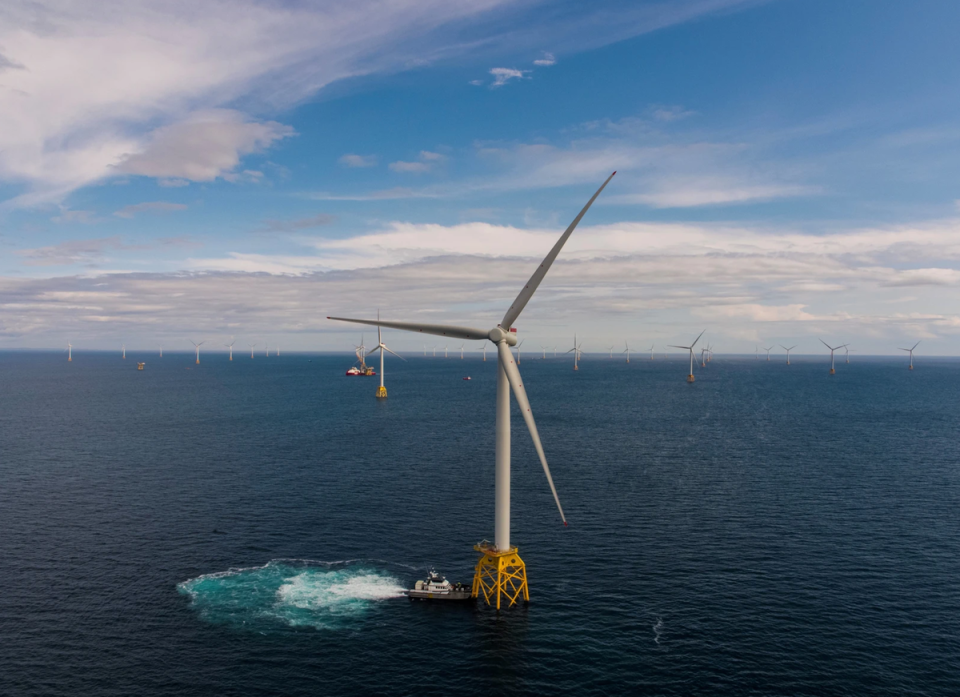Windfarm pays out over £33 million after accidentally pushing up prices for consumers

The operator of one of Scotland’s largest windfarms in paying over £33 million to regulators after overcharging that pushed up costs for consumers.
Beatrice Offshore Windfarm Limited will pay the money into a fund run by Ofgem which provides support to consumers.
It comes after BOWL admitted it broke energy market rules by charging excessive prices when it cut its output to keep the electricity grid in balance.
Ofgem said: “After engaging with Ofgem, BOWL agreed to make the payment into Ofgem's Redress Fund, which funds projects and schemes to support energy consumers, particularly those in vulnerable situations”, adding:
“BOWL has co-operated fully with Ofgem in its enquiries to resolve the issue quickly and fairly. Since Ofgem's review, BOWL has in addition to agreeing to make the redress payment also committed to making changes to its bid pricing policy to ensure a breach does not happen again.”
The £2.5 billion Beatrice windfarm is 13 kilometres off the coast of Caithness and has 84 turbines. They can generate enough electricity to power 450,000 homes.
Windfarms are an essential part of the transition away from fossil fuels. Pricing arrangements over them are also relatively new.
The electricity grid needs to balance supply and demand, and when providers of renewable power are running but their output is not being taken up, complex mechanisms known as “balancing payments” cover the costs relating to so-called “transmission constraints”.
It was in relation to these arrangements that the problems occurred.
A BOWL spokesman said today that it “accepts that it breached one of its electricity generation licence conditions,” and that:
“The breach was in BOWL’s view wholly unintentional.
“BOWL ... has reviewed its bid pricing policy and fully cooperated with Ofgem throughout.”
And generators and the regulator are already taking steps to avoid a repeat.
“With other industry participants, BOWL is engaging on proposed modifications to the relevant industry code and Ofgem’s ongoing consultation on its approach to interpreting and enforcing the transmission constraint licence condition,” it pledged.

 Yahoo Finance
Yahoo Finance 